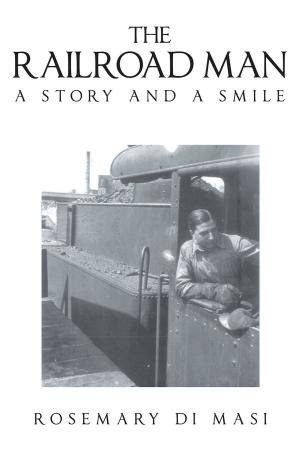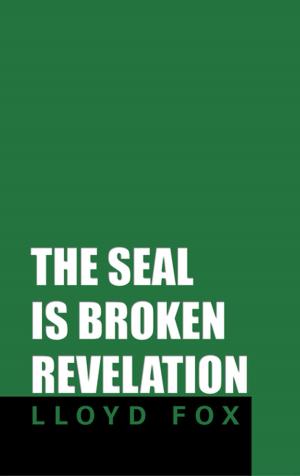Dust of the Danakil
Nonfiction, Social & Cultural Studies, Political Science, Government, Public Policy, Biography & Memoir| Author: | Ian Mathie | ISBN: | 9781906852221 |
| Publisher: | Mosaique Press | Publication: | June 15, 2013 |
| Imprint: | Smashwords Edition | Language: | English |
| Author: | Ian Mathie |
| ISBN: | 9781906852221 |
| Publisher: | Mosaique Press |
| Publication: | June 15, 2013 |
| Imprint: | Smashwords Edition |
| Language: | English |
Drought is a natural disaster; starvation is a man-made tragedy. Preventing the first can go a long way to alleviating the second, but not without the political will, as Ian Mathie makes clear in this gripping memoir of the 1974 humanitarian crisis in Ethiopia. Dust of the Danakil is a true story of an ill-conceived project in the violent, drought-stricken Danakil region of Ethiopia. The author, sent by UK government pen-pushers to harness seasonal flood water and turn the notoriously aggressive Afar herdsmen into farmers, discovered a hostile environment - in more ways than one - that almost cost him his life.
While the world’s TV screens and aid efforts were focused on one area of Ethiopia, in the Danakil – a backwater to which nobody wants to go - little thought was given to the plight of the Afar people until it was almost too late. Eventually a project was started aimed at persuading the Afar to adopt seasonal agriculture, rather than simply following their diminishing herds round the disappearing grazing grounds. The idea was to catch seasonal floodwater coming down from the mountains and use it to irrigate fields.
Unfortunately, little thought had been given to the project and nobody was certain there would be any flood water. Even so, a team was sent to survey, design and build an irrigated farm, using Afar labour and paying them with food for their work.
Working with the Afar, people with a reputation for savage hostility to strangers, proved to have some interesting features and more than a few frustrations. Add to that the complications of a government that didn’t really want to be involved, a project manager who wanted the scheme to fail, tribal and clan rivalries and the complications of drought, disease and raiders from Somali coming to steal livestock, and it became a challenging, exciting and dangerous project to work on.
Intrigue, ingenuity, coercion and corruption make Dust of the Danakil an unforgettable story of hope and despair which provokes an indictment of the relief and aid industries.
Drought is a natural disaster; starvation is a man-made tragedy. Preventing the first can go a long way to alleviating the second, but not without the political will, as Ian Mathie makes clear in this gripping memoir of the 1974 humanitarian crisis in Ethiopia. Dust of the Danakil is a true story of an ill-conceived project in the violent, drought-stricken Danakil region of Ethiopia. The author, sent by UK government pen-pushers to harness seasonal flood water and turn the notoriously aggressive Afar herdsmen into farmers, discovered a hostile environment - in more ways than one - that almost cost him his life.
While the world’s TV screens and aid efforts were focused on one area of Ethiopia, in the Danakil – a backwater to which nobody wants to go - little thought was given to the plight of the Afar people until it was almost too late. Eventually a project was started aimed at persuading the Afar to adopt seasonal agriculture, rather than simply following their diminishing herds round the disappearing grazing grounds. The idea was to catch seasonal floodwater coming down from the mountains and use it to irrigate fields.
Unfortunately, little thought had been given to the project and nobody was certain there would be any flood water. Even so, a team was sent to survey, design and build an irrigated farm, using Afar labour and paying them with food for their work.
Working with the Afar, people with a reputation for savage hostility to strangers, proved to have some interesting features and more than a few frustrations. Add to that the complications of a government that didn’t really want to be involved, a project manager who wanted the scheme to fail, tribal and clan rivalries and the complications of drought, disease and raiders from Somali coming to steal livestock, and it became a challenging, exciting and dangerous project to work on.
Intrigue, ingenuity, coercion and corruption make Dust of the Danakil an unforgettable story of hope and despair which provokes an indictment of the relief and aid industries.















